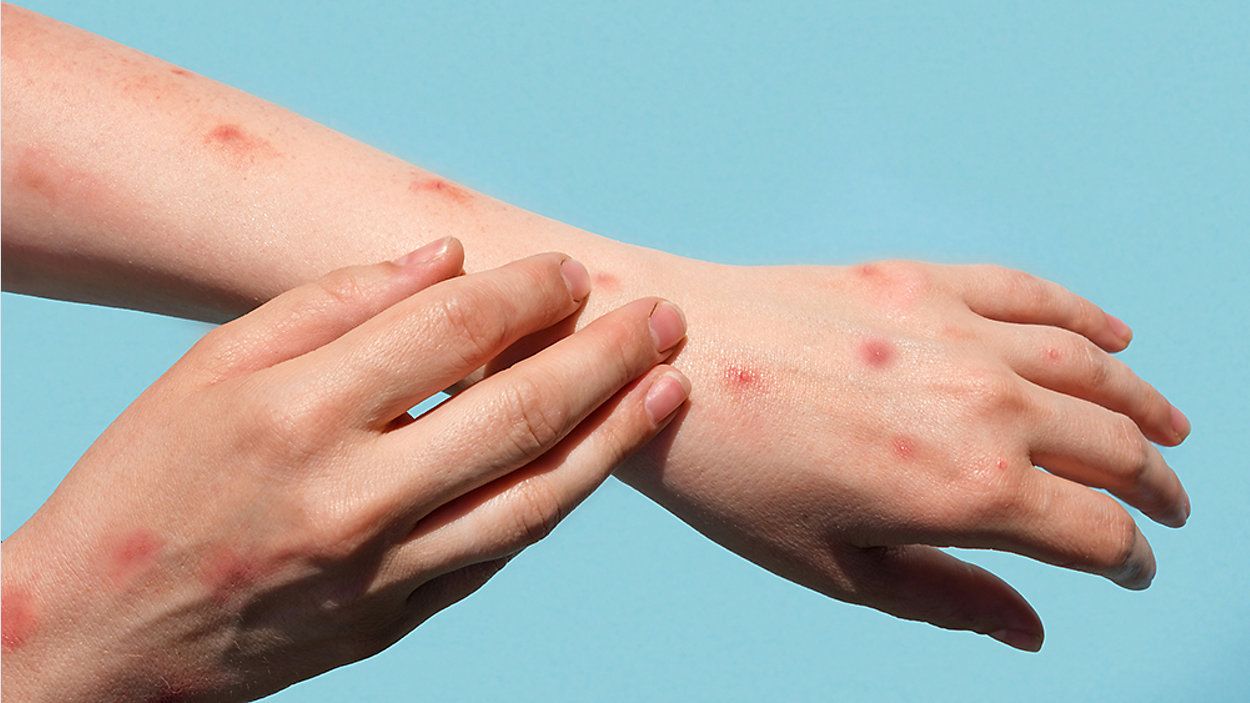HONOLULU — The state Department of Health has confirmed another case of mpox, bringing the total number of cases diagnosed in Hawaii this year to five.
The latest case involves a nonresident who was diagnosed in Honolulu.
DOH is advising anyone at elevated risk of mpox infection to consider being vaccinated with two doses of the JYNNEOS vaccine.
Laboratory testing of the latest case determined the infection to be mpox clade II, the strain responsible for a global outbreak that began in 2022.
There have been 51 cases of mpox, formerly known as monkeypox, in the state since June 3, 2022.
The U.S. Centers for Disease Control has recently increased monitoring of mpox clade I activity in Africa, including an outbreak in the Democratic Republic of Congo. While mpox clade I has not been detected in the United States during the current outbreak, it can cause more severe illness and deaths. Previous outbreaks have killed up to 10% of infected people; more recent outbreaks have had lower death rates.
While the risk to the general public in the U.S., as a result of the outbreak of mpox clade I in the DRC is very low, the JYNNEOS vaccination is the best way for those at increased risk of mpox infections to protect themselves from both mpox clade I and II, according to the CDC.
The JYNNEOS vaccine is available statewide. Those at higher risk for mpox and who should consider being vaccinated include individuals who are gay, bisexual or otherwise men who have sex with men — as well as transgender people who have sex with men — and have multiple or casual sex partners (such as through dating apps) or expect to have this mpox risk in the future.
Those at higher risk for mpox also include:
- People who have a sex partner in any of the categories described above
- Anyone with close contact in the last 14 days to a person with known or suspected mpox infection
- Persons with severely compromised immune systems
- Anyone in any of these categories who has received only one mpox vaccine dose
Those at higher risk of mpox and wish to be protected during Pride events in Fall 2024, are advised to complete the two-dose JYNNEOS vaccine series in the summer. It takes a minimum of four weeks to complete the vaccine series.
To find a provider offering the vaccine, visit here.
JYNNEOS is a two-dose vaccination series administered 28 days apart. Individuals who have not yet received a second dose are encouraged to make an appointment.
According to DOH, the risk of mpox infection remains low for most Hawaii residents. Mpox is mainly spread through close, intimate contact with body fluids, lesion material or items used by someone with mpox. The infection may be spread through large respiratory droplets, which generally cannot travel more than a few feet, so prolonged contact is required.
The current cases, both nationally and in Hawaii, are primarily spreading among social networks of gay, bisexual and other men who have sex with men. However, anyone who has close contact with someone with mpox is at risk of infection, regardless of sexual orientation or gender identity.
The department advises people in higher-risk groups to ask new partners about their health, including recent rashes or sores. Those who feel sick or have new or unexplained rashes or sores should avoid close contact with others until getting checked by a health care provider. People in higher-risk groups should also avoid sharing bedding, clothing or toothbrushes with people outside their household.
Individuals with mpox symptoms, including flu-like symptoms, swollen lymph nodes, or new or unexplained rash or sores, are advised to immediately contact their health care provider for testing and treatment.
For more information and updates on mpox, visit here.
Michael Tsai covers local and state politics for Spectrum News Hawaii. He can be reached at michael.tsai@charter.com.



